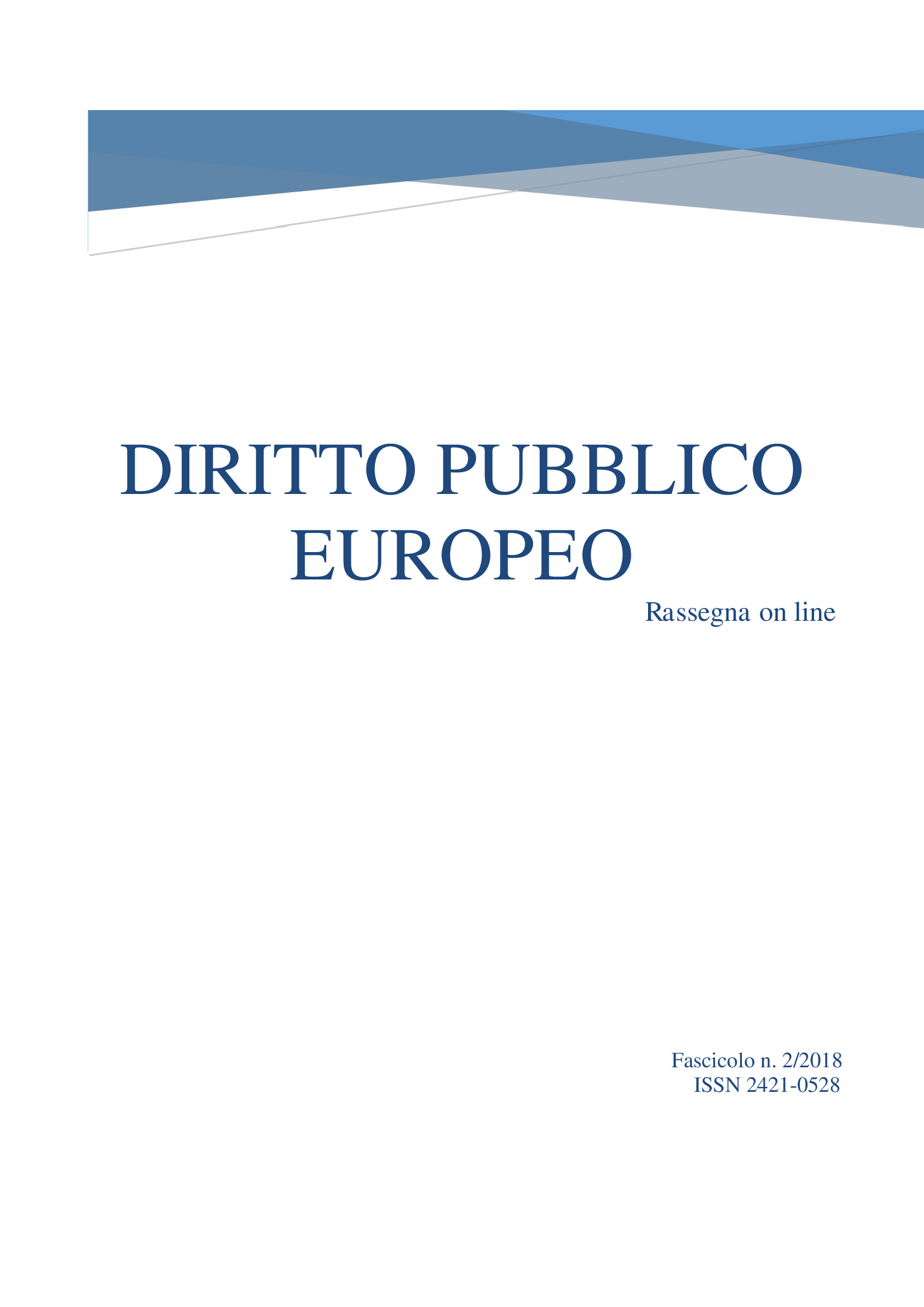Libertà di cura e scelte di fine vita: la nuova legge sul biotestamento
DOI:
https://doi.org/10.6092/2421-0528/6415Keywords:
fine vita, testamento biologico, biotestamentoAbstract
This paper analyzes some articles of the new law on biotestation (l. n 219/2017), at the crossroads of the relationship between the right to health, informed consent and freedom of self-determination in therapeutic choices, offering interpreters significant food for thought, even in the penal dimension, and involving multiple values contained both in the Constitution and in supranational sources, such as, in particular, the Oviedo Convention and the Charter of Nice. Here only some articles of the new law are taken into consideration which, as a result strongly desired by the trade associations, in art. 4, allows any citizen capable of acting to draw up early declarations of treatment (so-called DAT) for the case in which, in the future, should not be able to express their wishes in relation to health treatments to be submitted or not. As we will try to demonstrate, advance declarations of treatment are undoubtedly a valid and effective tool that strengthens individual autonomy and informed consent of the person in medical choices. However, it is also true that the law in question is not free from criticism and criticism if compared with some fundamental principles and values of our Constitution. In particular, it should not be ignored that, if the law is to be appreciated, to the extent that it introduces, for the first time, an explicit definition of informed consent (Article 3), at the same time, unlike what was previously envisaged, abolishes any form of judicial, preventive or subsequent control over the content of the DAT. Nor should it be left out that, on the sidelines, the question of whether the law is second or not euthanical choices, the possibility for the doctor and, in general, the medical staff to exercise the right to conscientious objection, recognized even by supranational sources, is not provided. The law in question, therefore, is destined to act as an unavoidable point of (re) departure in the path undertaken and now no longer reversible, aimed at making effective, in its practical declinations, the freedom of therapeutic self-determination of everyone in the choices of end of life.


